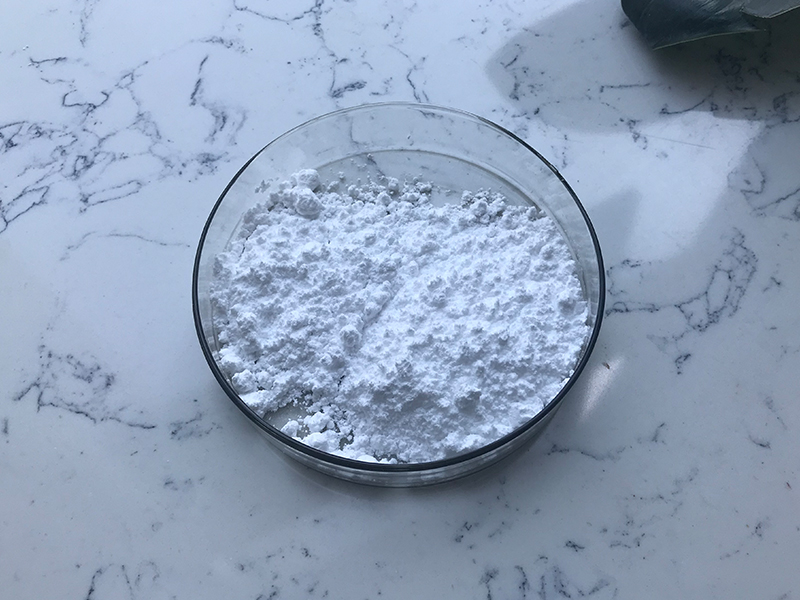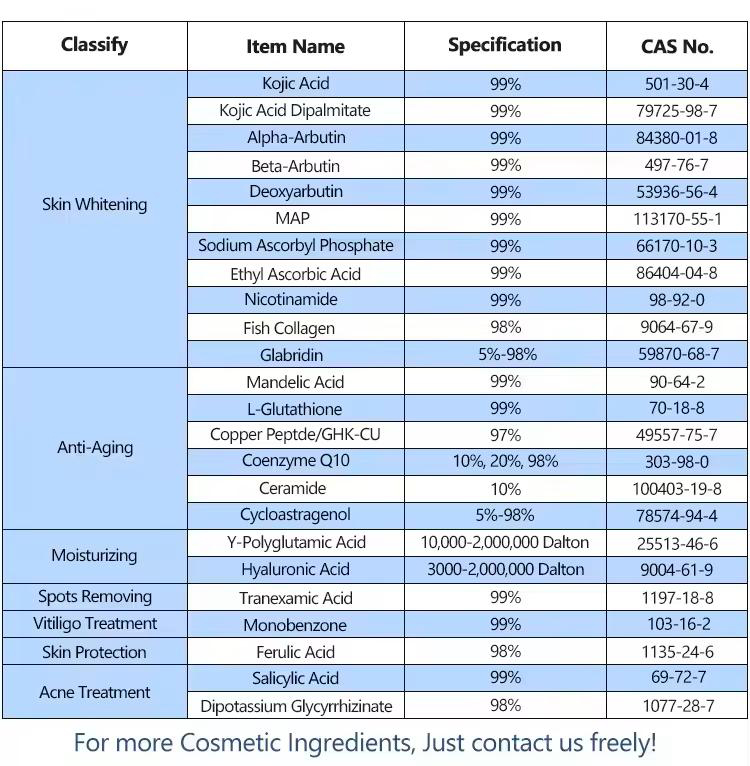Introduction of S-Acetyl-L-Glutathione
S-Acetyl-L-Glutathione (SAG) is a derivative of the antioxidant glutathione, which plays a crucial role in protecting cells from oxidative stress and maintaining cellular function. SAG is modified to enhance its stability and bioavailability compared to the native glutathione. This document provides an in-depth examination of SAG, covering its chemical properties, biosynthesis, functions, therapeutic applications, and safety profile.
Chemical Properties of S-Acetyl-L-Glutathione
Chemical Formula: C12H19N3O7S
Molecular Weight: 349.36 g/mol
Structure: S-Acetyl-L-Glutathione is formed by acetylating the thiol group of the cysteine residue in glutathione. This modification helps protect it from degradation in the gastrointestinal tract and during cellular uptake.

Biosynthesis and Mechanism of Action
1.Biosynthesis:
S-Acetyl-L-Glutathione is not naturally occurring; it is synthesized chemically by acetylating glutathione. This modification is designed to enhance its stability and absorption when ingested.
2.Mechanism of Action:
Once inside the cell, S-Acetyl-L-Glutathione is deacetylated to release active glutathione. Glutathione then participates in various cellular processes, including:
Antioxidant Defense: Neutralizes reactive oxygen species (ROS) and free radicals.
Detoxification: Conjugates with toxic substances for their excretion.
Regulation of Cellular Processes: Involved in protein synthesis, DNA repair, and enzyme function.
3.Therapeutic Applications
Antioxidant Support: S-Acetyl-L-Glutathione is used to boost intracellular glutathione levels, providing protection against oxidative stress.
Liver Health: Glutathione plays a key role in detoxifying the liver. S-Acetyl-L-Glutathione supplementation can support liver function and protect against liver diseases such as hepatitis and fatty liver disease.
Immune System Support: Enhances the function of immune cells by maintaining redox balance and supporting detoxification processes.
Neurological Health: Protects neurons from oxidative damage, potentially benefiting conditions like Alzheimer’s disease, Parkinson’s disease, and other neurodegenerative disorders.
Skin Health: Glutathione is known for its skin-whitening effects by inhibiting melanin synthesis. S-Acetyl-L-Glutathione can be used in cosmetic applications for skin lightening and anti-aging.
Chronic Illness Management: Conditions like chronic fatigue syndrome, fibromyalgia, and autism spectrum disorders have been associated with low glutathione levels. S-Acetyl-L-Glutathione may help manage these conditions by restoring glutathione levels.
Pharmacokinetics of S-Acetyl-L-Glutathione
Absorption: S-Acetyl-L-Glutathione is designed to be absorbed more effectively than regular glutathione. It is resistant to degradation in the digestive tract, allowing more of it to reach systemic circulation.
Distribution: After absorption, S-Acetyl-L-Glutathione is distributed to various tissues where it is converted to active glutathione.
Metabolism and Excretion: S-Acetyl-L-Glutathione is metabolized to glutathione and acetic acid. Glutathione undergoes further metabolism and is eventually excreted in the urine as sulfate and mercapturic acid conjugates.
Safety Profile of S-Acetyl-L-Glutathione
Tolerability: S-Acetyl-L-Glutathione is generally well-tolerated when taken at recommended doses.
Side Effects: Potential side effects may include gastrointestinal discomfort, allergic reactions, or rash, though these are uncommon.
Toxicity: No significant toxicity has been reported with S-Acetyl-L-Glutathione at therapeutic doses.
Drug Interactions: No major drug interactions have been identified, but caution is advised when combining S-Acetyl-L-Glutathione with other antioxidant supplements or medications.
Clinical Studies of S-Acetyl-L-Glutathione
Efficacy: Several studies have demonstrated the efficacy of S-Acetyl-L-Glutathione in increasing intracellular glutathione levels and improving outcomes in various health conditions.
Safety: Clinical trials have confirmed the safety of S-Acetyl-L-Glutathione supplementation, with few adverse effects reported.

Conclusion of S-Acetyl-L-Glutathione
S-Acetyl-L-Glutathione is a promising supplement for enhancing glutathione levels in the body. Its improved stability and bioavailability make it a superior alternative to regular glutathione supplements. With potential applications in liver health, immune support, neuroprotection, and chronic illness management, S-Acetyl-L-Glutathione represents a valuable tool in promoting overall health and well-being. Further research is warranted to fully understand its benefits and optimize its use in clinical practice.
References of S-Acetyl-L-Glutathione
[Research articles and clinical studies on S-Acetyl-L-Glutathione]
[Pharmacological reviews on glutathione and its derivatives]
[Safety and efficacy reports from clinical trials]
